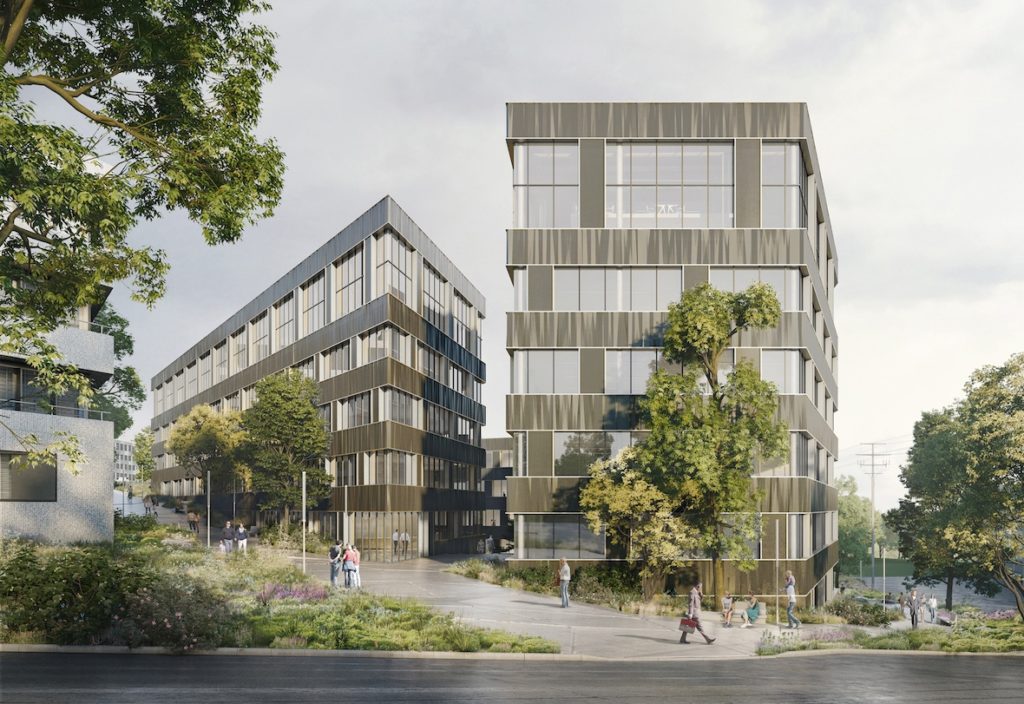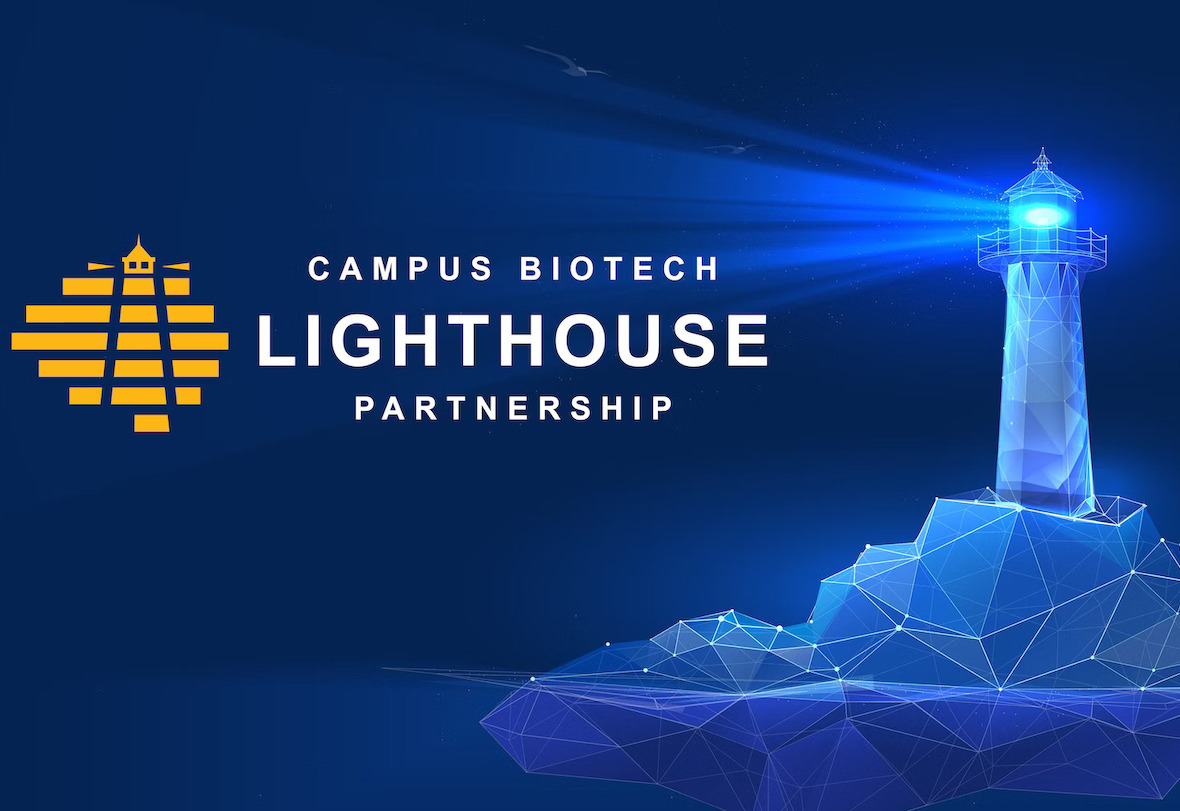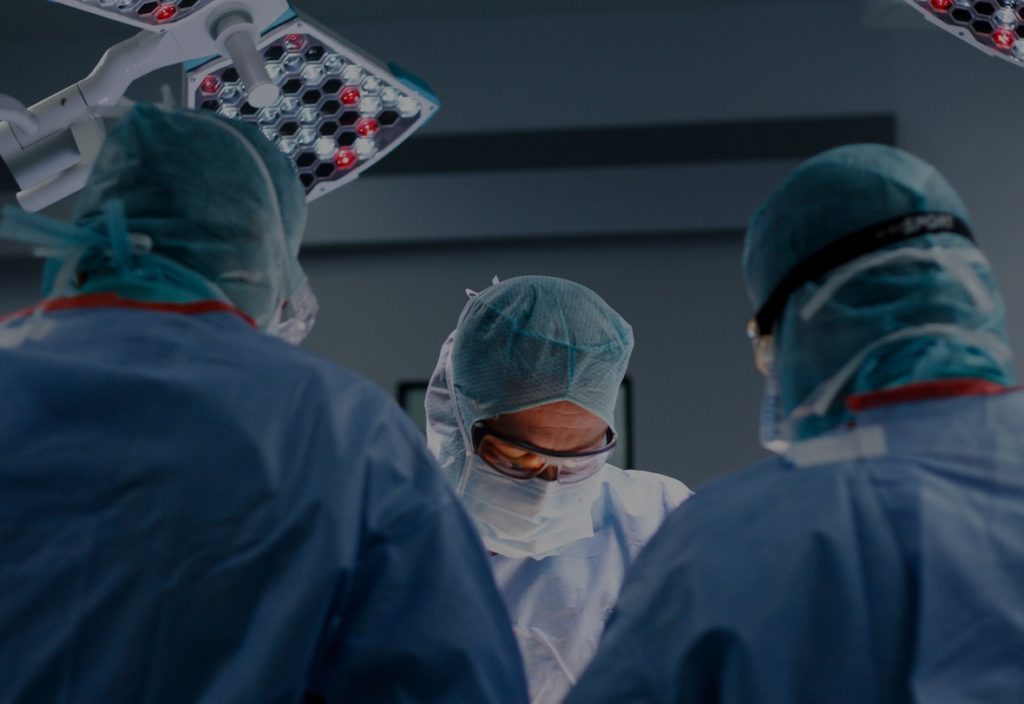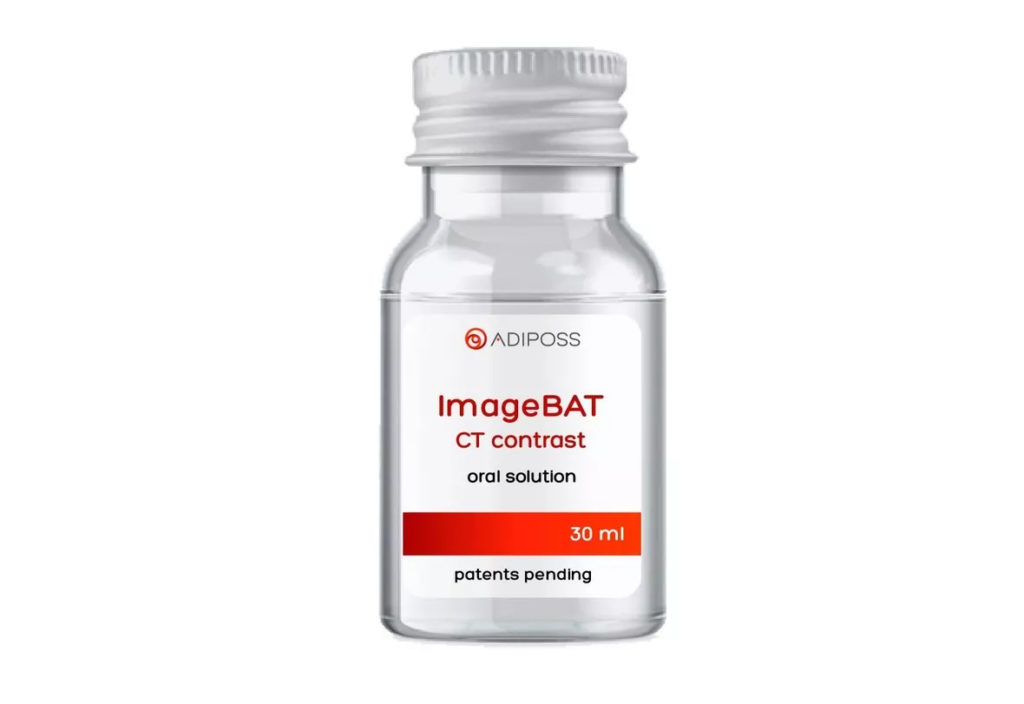
Wyss Center launches Lighthouse Partnership with key institutions from Western Switzerland
29 January 2024
 This CHF 18 million initiative focuses on developing artificial intelligence-guided neuromodulation therapies to treat neurologic and mental health disorders. | © Wyss Center
This CHF 18 million initiative focuses on developing artificial intelligence-guided neuromodulation therapies to treat neurologic and mental health disorders. | © Wyss Center
The Wyss Center for Bio and Neuroengineering in Geneva, together with partners including the EPFL Neuro X Institute, UNIGE Synapsy Centre for Neuroscience and Mental Health Research, and clinical partners at Campus Biotech, has launched the Lighthouse Partnership.
In a move to advance therapies for neurological and mental health disorders, the Wyss Center for Bio and Neuroengineering, in collaboration with key institutions from Western Switzerland, has launched the CHF 18 million Lighthouse Partnership.
The partnership aims to harness the interdisciplinary excellence in the Health Valley region to innovate and accelerate the development of novel neurotechnologies. With the global public health challenge posed by neurological disorders, the importance of advancing treatments through artificial intelligence, neuroscience, and neurotechnology has become increasingly apparent.
Tracy Laabs, Head of Special Programs & Development and Coordinator of the Lighthouse Partnership at the Wyss Center, stated: “We are excited to launch the Lighthouse Partnership to develop disruptive neurotechnologies. Our goal is to target deep brain structures non-invasively, advance a brain-spine interface for paralysis, and innovate peripheral nerve therapies.”
Enabling technologies and therapies to reach the clinic
The Lighthouse Partnership represents a new model of inter-institutional cooperation at Campus Biotech in Geneva. It brings together the non-profit Wyss Center, academic institutions like EPFL’s Neuro X Institute and UNIGE’s Synapsy Centre, and clinical partners such as the Geneva University Hospitals (HUG) and the Lausanne University Hospital (CHUV).
In the Lighthouse Partnership’s press release, Stéphanie Lacour, Director of EPFL’s Neuro X Institute, emphasized the translational capabilities of the Wyss Center in advancing neurotechnologies into clinical applications. Camilla Bellone, Director of the Synapsy Centre at the University of Geneva, expressed pride in being part of this initiative to elevate neuroscience and neurotechnology in Western Switzerland.
The partnership will initially focus on three translational projects at the intersection of circuit neuroscience, neuroengineering, and neuro-AI, aiming to develop non-invasive neuromodulation for neuropsychiatric disorders, a brain-spine digital bridge for paralysis, and minimally-invasive optogenetic therapy for peripheral nerve disorders.
Over the next four years, the partners are committed to furthering research and development on these strategic projects, with the goal of enabling technologies and therapies to reach the clinic through start-ups or industry partnerships.

